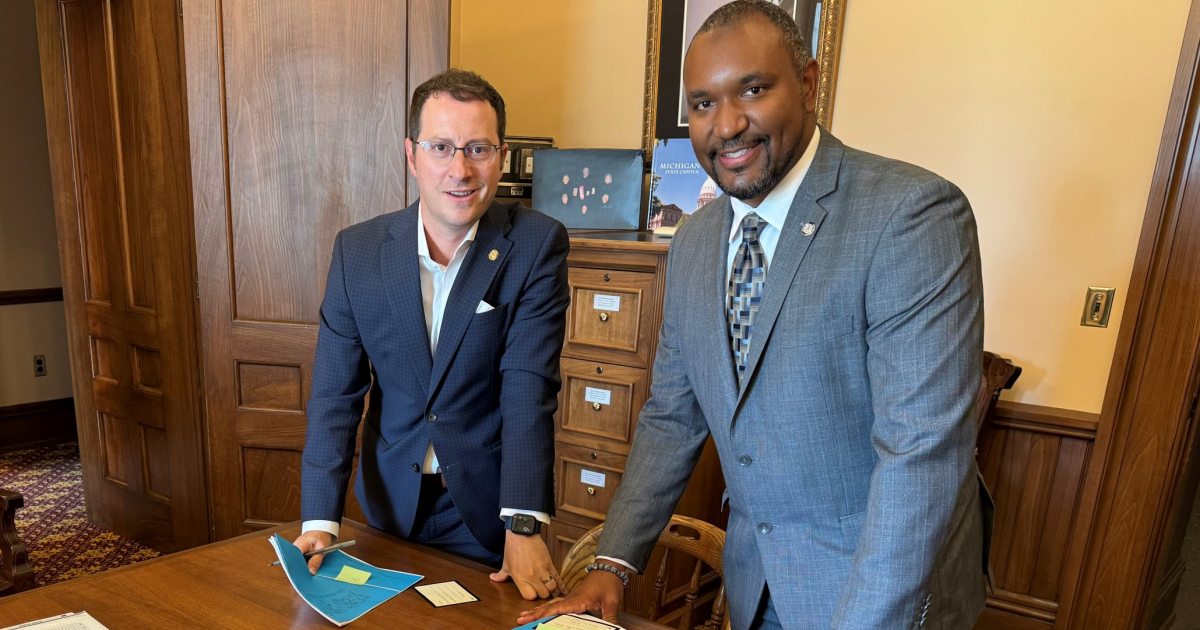Michigan considers merging marijuana laws

A bill was introduced to Michigan state lawmakers last week that would eliminate duplicate marijuana regulations and provide better support for businesses.
The Michigan Medical Marihuana Act was passed by the state’s voters on November 4, 2008. Recreational use is legal in the state after a ballot initiative passed with 56% of the vote in 2018. The first marijuana dispensaries opened to the public on December 1, 2019. Michigan was the first state in the Midwest to allow both medical and recreational use.
Currently, there are two different laws in Michigan that govern marijuana licensing. One is the Medical Marihuana Facilities Licensing Act (MMFLA) of 2016, which governs the regulation and licensing of facilities. The other is the Michigan Regulation and Taxation of Marihuana Act, which was passed by the state’s voters in 2018 as part of the legalization of recreational use.
State Reps. Graham Filler and Jimmie Wilson Jr. want to use House Bills 5884-85 to repeal the old medical marijuana law and combine the two laws. This, they say, would reduce costs for businesses and ease the burden on Michigan’s Cannabis Regulatory Agency.
“This is about making Michigan an attractive and stable location for thriving marijuana businesses,” said Rep. Wilson. “A unified, coherent regulatory framework will support our growing economy, ensure the safety and quality of marijuana products, and maintain access for patients who use medical marijuana.”
An example of the additional costs and administrative burdens currently imposed on licensees is the fact that they must annually renew both a medical and recreational license to grow, process, transport or sell marijuana.
A merger would not change the way the medical marijuana system works for registered patients.
The full text of House Bill 5884 can be viewed here and the full text of House Bill 5885 can be viewed here. Both bills have been referred to the House Regulatory Reform Committee for consideration.
Like most other states that have legalized recreational marijuana, Michigan’s medical program is in decline while the recreational sector is booming comparatively. As of May 31, 2024, 101,160 eligible patients were enrolled in the program; a far cry from the numbers before and just after recreational legalization. At the end of 2019, 268,566 patients were enrolled.
Interestingly, about 75% of Michigan municipalities have banned retail sales of recreational marijuana, and only 172 of 1,773 municipalities have joined the MMFLA.



